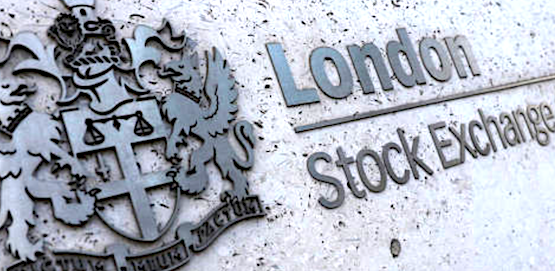The £300 million Baillie Gifford UK Growth Trust said its net asset value per share (NAV) total return was negative 16% in the year to April 30, 2022, compared to a 8.7% positive total return or the FTSE All-Share Index.
The fund’s share price total return over the same period was negative 27.9%, resulting in the shares standing at a 11.8% discount to the company’s NAV at the year end.
The fund’s share price was trading over £2.50 last September but has since fallen to around £1.59.
“The largest detractors to relative performance were: Genus, the animal genetics company; Farfetch, an online luxury fashion retailer; and Boohoo, also an online fashion retailer,” said the investment trust.
“Of the stocks currently held, Bunzl, the distributor of consumable products, was the notable standout positive contributor to relative performance.”
A final dividend of 3.91p per share is being recommended (2021: 2.42p).
The closed-end fund invests to achieve capital growth predominantly from investment in UK equities with the aim of providing a total return in excess of the FTSE All-Share Index.
The trust said: “Five new positions were initiated over the year: the pharma-tech company Exscientia; the online wine retailer Naked Wine; the DNA sequencing developer Oxford Nanopore Technologies; the online money transfer platform Wise; and the private company Wayve which is developing software for self-driving vehicles.
“Three positions were exited: the marine and energy equipment and services provider James Fisher & Sons; the defence business Ultra Electronics; and Jackson Financial following its spin-out from Prudential.”
The managers of Baillie Gifford UK Growth Trust are Iain McCombie and Milena Mileva.
In their report, the managers wrote: ” … we are acutely aware that we have encountered a run of poor investment performance which was particularly pronounced in the second half of the company’s financial year.
“As long-term investment managers, some might imagine we’re impervious to periods of inevitable underperformance.
“This is not the case. We understand it’s tough, that it has impacted your overall portfolio return and we are suitably chastened in having to report on what must be unwelcome and unsettling news.
“It also means that whilst we don’t know what lies around the corner, we do know that challenge and support is required during such times of market volatility and uncertainty.
“Generating a very poor relative return over the financial year leads to the fair and challenging question of ‘what’s gone wrong?’
“It’s hard to generalise but part of this can be attributed to the fact that the broad UK index is heavily skewed to a small number of large companies particularly in the oil & gas, banking and pharmaceutical sectors, which we typically don’t own and, which have been outperforming as oil prices hit record highs, interest rates rise (and are expected to rise further), and some investors seek safety in more defensive names.
“However, we think the main reason is that a material stock market rotation has taken place in which ‘growth’ businesses have fallen out of favour and their share prices have consequently performed poorly.
“We are aware that this sounds rather pat, but its plausibility is supported by the fact that the worst contributors to our relative underperformance over the financial year were stocks that we own while the list of positive stock contributors to relative performance was dominated by stocks we didn’t own i.e. individual stocks not held that underperformed the benchmark.
“In other words, as stock pickers of a relatively concentrated portfolio there is no place to hide.
“However, it also leads to this simple but powerful observation: we have spent a lot of time re-examining the fundamentals of the companies in the portfolio and we believe that they remain strong …
“To paraphrase Muhammad Ali, the investor who is not courageous enough to take risks will accomplish nothing in life.
“Short-term underperformance is uncomfortable, especially of the magnitude we’re reporting on, but we believe it’s also an inevitable part of the path to superior long-term returns.
“We know and understand that you expect better of us in the future.
“All we can say in response is that the strength of conviction in our process and the portfolio which derives from it, lead us to the conclusion that the company’s portfolio is well placed to deliver tangible value over the next few years.”
